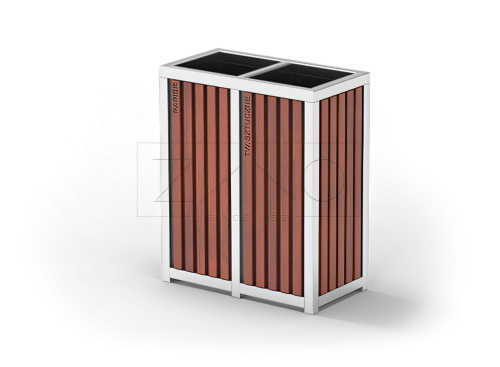
Recycling Bins
no ashtray
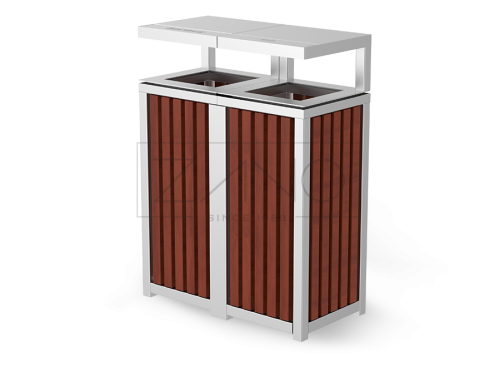
Altus Recycling Bin
15.252.7
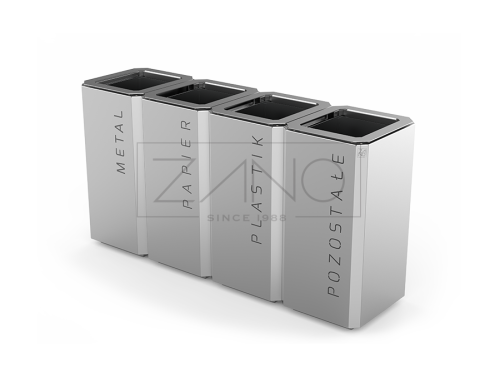
Stilo Recycling Bin
15.448

Recycling bin Pavo
15.463
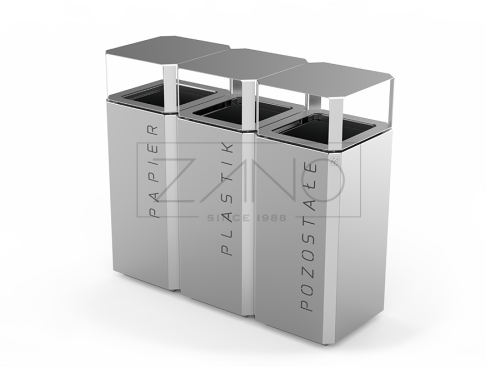
Stilo Recycling Bin
15.048.1
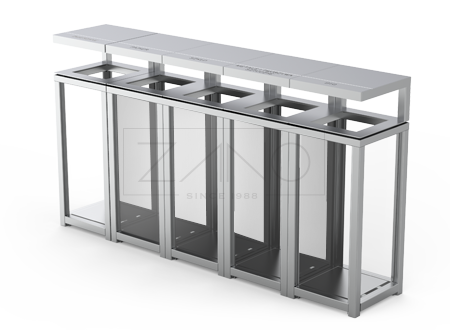
Recycling bin Altus
15.552.4
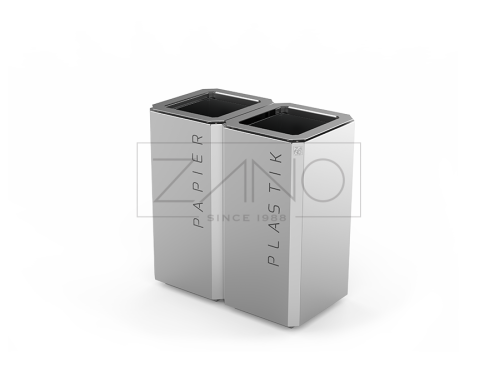
Stilo Recycling Bin
15.248
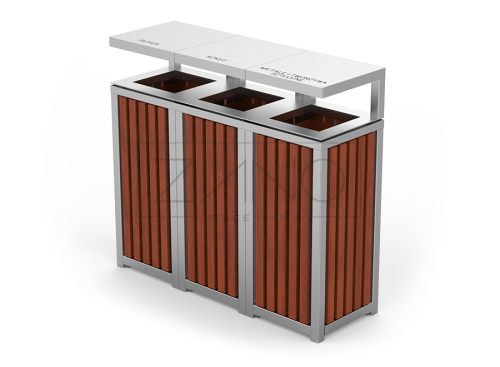
Altus Recycling Bin
15.052.7
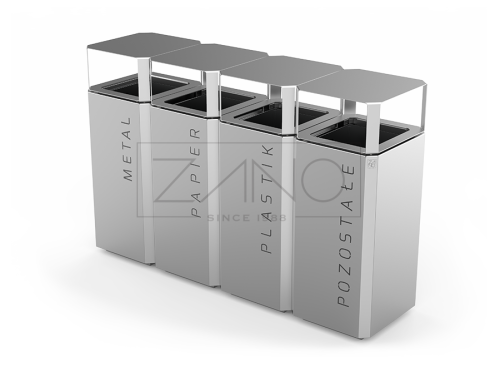
Stilo Recycling Bin
15.448.1
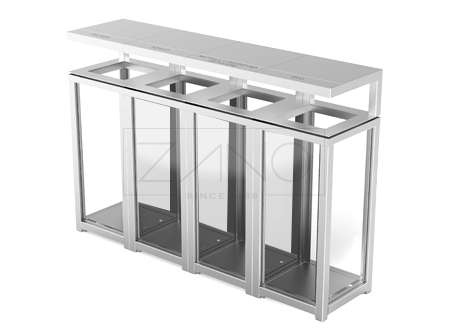
Recycling bin Altus
15.452.4
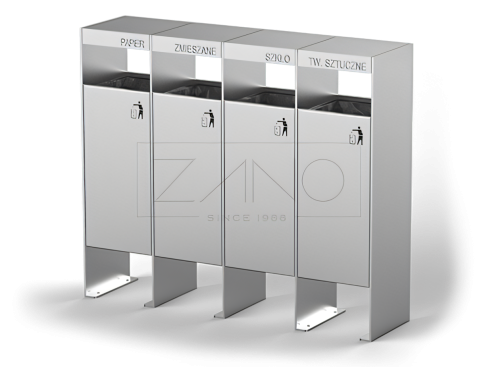
Simple recycling bin
15.461
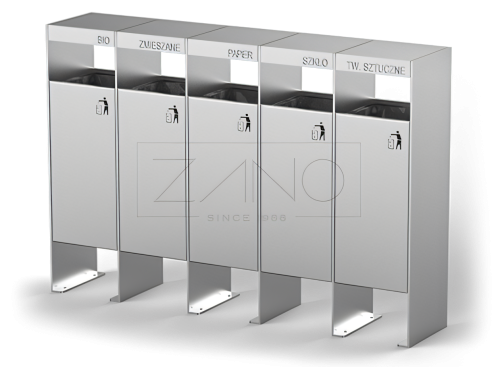
Simple Recycling bin
15.561
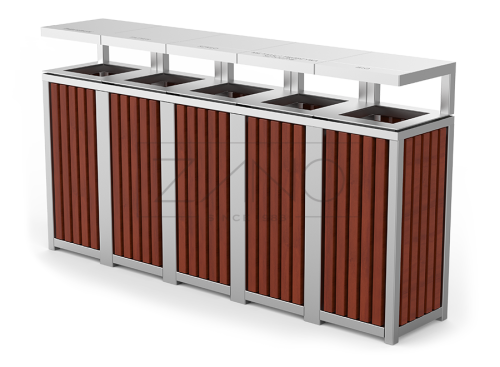
Altus Recycling Bin
15.552.7
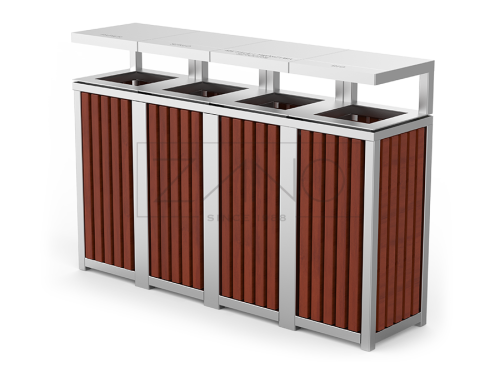
Altus Recycling Bin
15.452.7
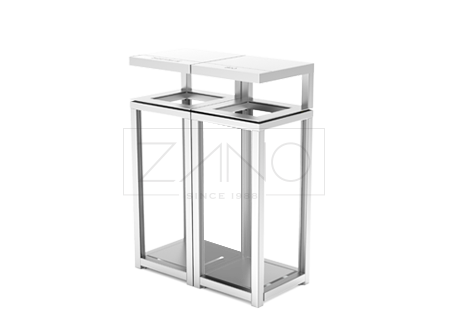
Recycling bin Altus
15.252.4

Recycling bin Altus
15.552
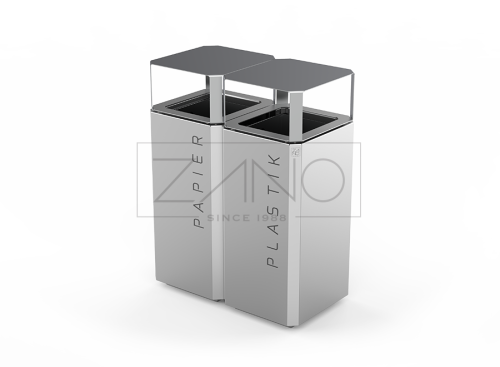
Stilo Recycling Bin
15.248.1
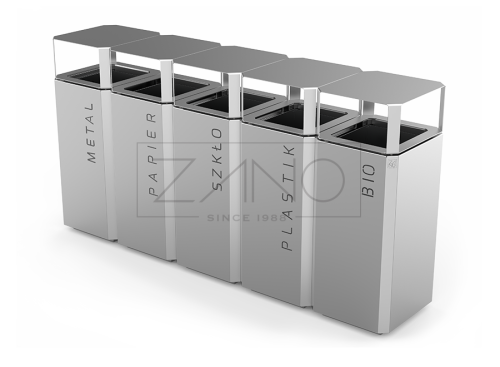
Recycling bin Stilo
15.548.1

Recycling bin Altus
15.652
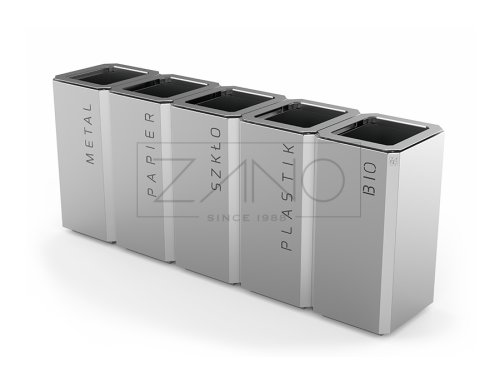
Stilo Recycling Bin
15.548

Recycling bin Stilo
15.048
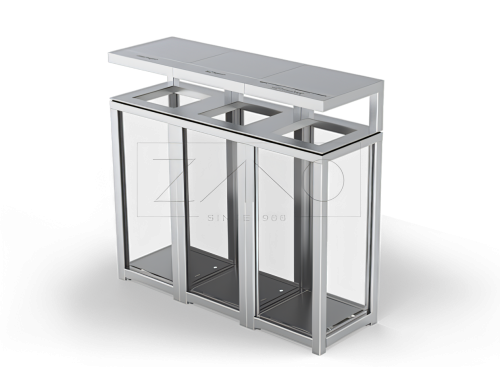
Recycling bin Altus
15.052.4

Recycling bin Altus
15.452
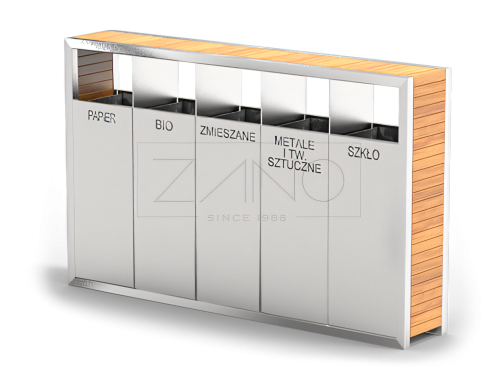
Recycling bin Pavo
15.563
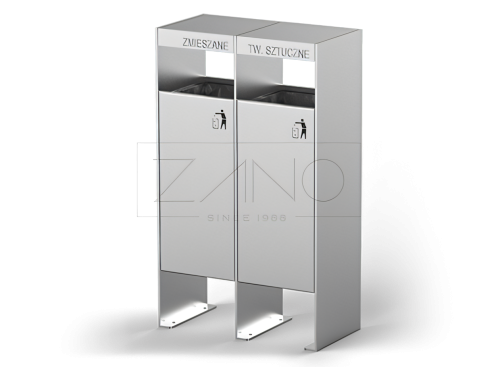
Recycling bin Simple
15.261
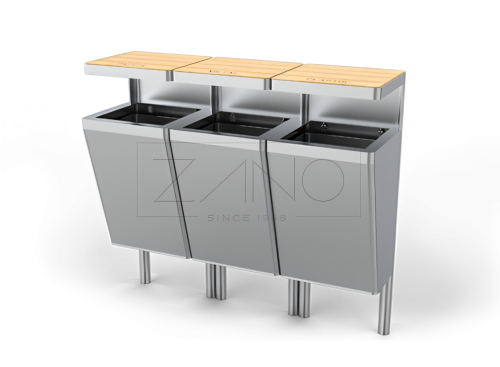
Recycling bin Scandik
15.046

Recycling bin Scandik
15.246

Recycling bin Scandik
15.446
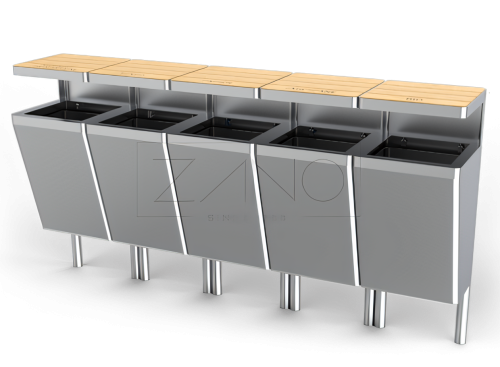
Recycling bin Scandik
15.546

Flash recycling bin
15.425

Flash recycling bin
15.525

Flash recycling bin
15.225
Recycling bins without ashtrays are essential components in the array of urban furniture aimed at promoting environmental sustainability and cleanliness in public and private spaces. These bins are specifically crafted to cater to the disposal and separation of recyclable materials, supporting the effective recycling processes that are crucial in urban waste management systems.
The designs of these bins are meticulously tailored to meet the needs of various environments, including but not limited to streets, parks, educational institutions, corporate buildings, and residential areas. The focus on robust materials such as stainless steel, durable plastics, and treated woods ensures long-term durability and resistance to weather conditions, vandalism, and frequent use. For instance, many of these bins are equipped with features that prevent corrosion, fading, and structural damage.
Functionality in recycling bins without ashtrays is matched by aesthetic appeal. Designers of these bins have integrated modern and sleek aesthetics that fit seamlessly into any urban landscape or architectural style. Available in various sizes, colors, and configurations, these bins can be single-stream units or multi-compartment units designed to sort materials such as paper, plastics, metals, and glass efficiently. Each compartment is usually marked with clear, universally understandable labels to assist in the proper disposal and sorting of recyclables, which simplifies the process for users and waste management services alike.
Moreover, the absence of an ashtray in these recycling bins is a deliberate design choice reflecting the growing public health advocacy against smoking and the need to reduce fire risks associated with cigarette disposal. This choice promotes cleaner and safer public spaces. Furthermore, the ease of maintenance and cleaning of these bins, coupled with their user-friendly access and ergonomic design, enhances user experience and maximizes the utility.
Overall, recycling bins without ashtrays from this category not only fulfill the functional requirement of waste separation and recycling facilitation but also enhance the visual and practical utility of the spaces they occupy. By investing in such pieces of street furniture, cities and businesses take actionable steps towards environmental responsibility and sustainable practices.